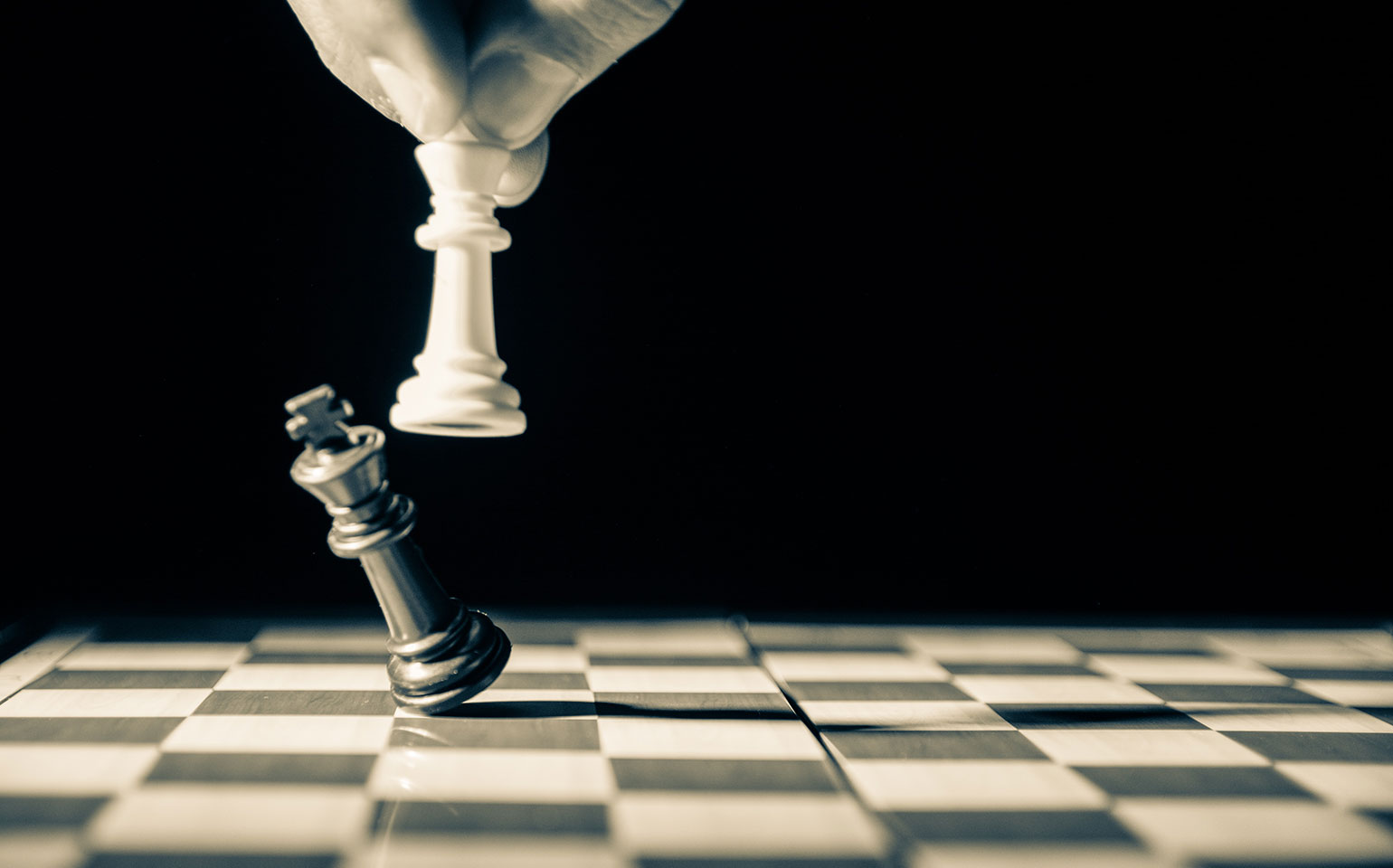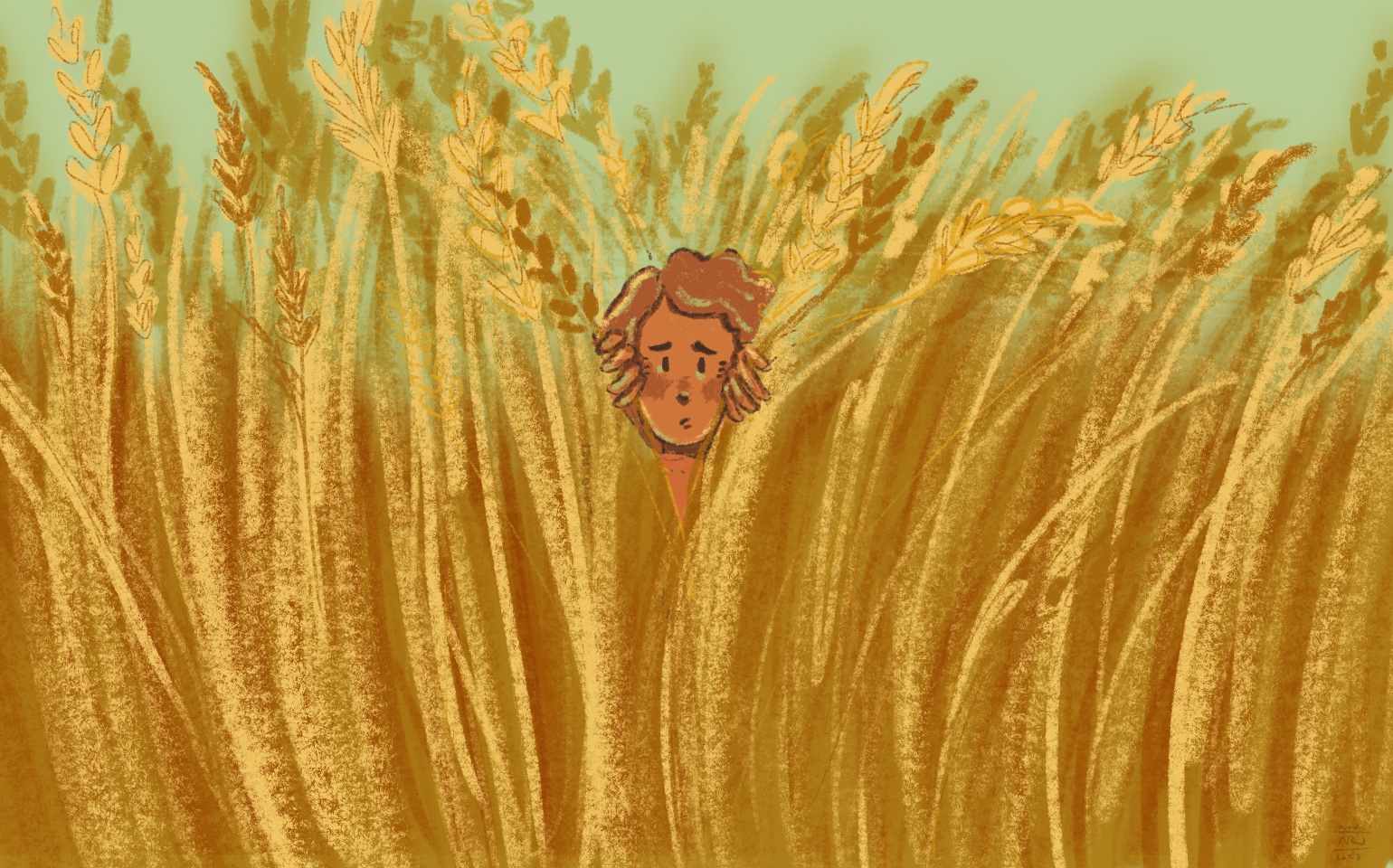An Atheist in a Christian School
When I lived in Moncton, New Brunswick, my parents decided to put me in the only private school in the city for a better education. It definitely had better teachers and more rigorous courses than what normal public schools could offer, but there was only one problem.
It was a Christian school, located in a church, with faithful, religious staff and students, and I am an atheist.
Thinking back, the two years in that school were not the best time I’ve ever had. I was different than most other students, I didn’t share the same values with them, and, ultimately, I was an outsider. However, the experience taught me a lot about respect and how to be open-minded, and I wouldn’t trade those years for any other.
Having grown up in China – a country that is thoroughly atheist with a small number of religious people – I was initially highly against attending a Christian school. I had always believed religions to be pointless and completely unreasonable, which I have realized was as wrong as anything could be.
At first, it was just as I feared. Everyone prayed every day before classes started and before school ended. They had assemblies that sounded too much like sermons. They memorized Bible verses every month. Everything was new but not the type that pleased me. Other students tried again and again to convince me to believe in God, to trust Him, and give Him all the control.
I did not like the idea. My life is mine to live, why should I let something else take control of it? After a year, in seventh grade, I started seeing why so many people followed Christianity, whether they grew up in religious families or started believing in their own will.
It is easier to live believing in someone who has absolute power. It is much less painful to accept a failure when you believe someone knows what is best for you. And most importantly, it is much more effortless to speak and act upstanding knowing that God wants you to behave this way.
I learned to respect their mindsets and their resolute beliefs. After spending so much time with my teachers and other students, I saw their firm sense of right and wrong. They worried less, doubted less, and wavered less. They were nicer, more honest, and humbler, and I knew it was because they were all devoted to their religion. Even if I didn’t believe in Christianity, I admired the way they believed in something so completely.
With that respect, I gradually became more open and tolerant of their ideas as well. There was one time, though, when I suddenly really understood what was wrong with my previous opinions regarding religions.
It was a grade seven science class. Of course, when it came to the origin of the world, science classes in my school strictly followed the Bible. In that class, I felt pretty awkward with my deep-rooted Big Bang Theory belief (or the only theory I knew). It was a given that the conversation about how the universe and humans were created would shift to remarks on how stupid the Big Bang Theory and the Theory of Evolution are. My classmates mocked them, laughing at their terrible “lack of evidence” and how unreasonable they were. They questioned just how out of their minds the scientists must’ve been even to think the theories had any truth in them.
Initially, I was mad at how openly they snickered at something I believed in. But then it struck me. They laughed at the theories’ lack of evidence and logic not because they didn’t understand anything but because they couldn’t haveunderstood anything. They have no need or desire to start learning about something that opposes their beliefs. How could they possibly know anything else if they avoided learning it in the first place?
I realized that I was completely the same. I didn’t know anything about Christianity or any other religion because I never wanted to know anything about them. How can I judge a religion – or anything – if I don’t know anything about it? Just like how my classmates mocked the theories I believed in, hadn’t I mocked their beliefs too?
People tend to respect those with different beliefs much less, ignoring their characters. They avoid learning new things that might cause them to waver in what they already believe. I was a victim of both, and I was shown those facts so clearly only because I was an atheist in a Christian school. And that is why I’m incredibly grateful for my experience at the Moncton Christian Academy. No matter how much I struggled while I was there, the lessons that I took away with me are simply invaluable.




